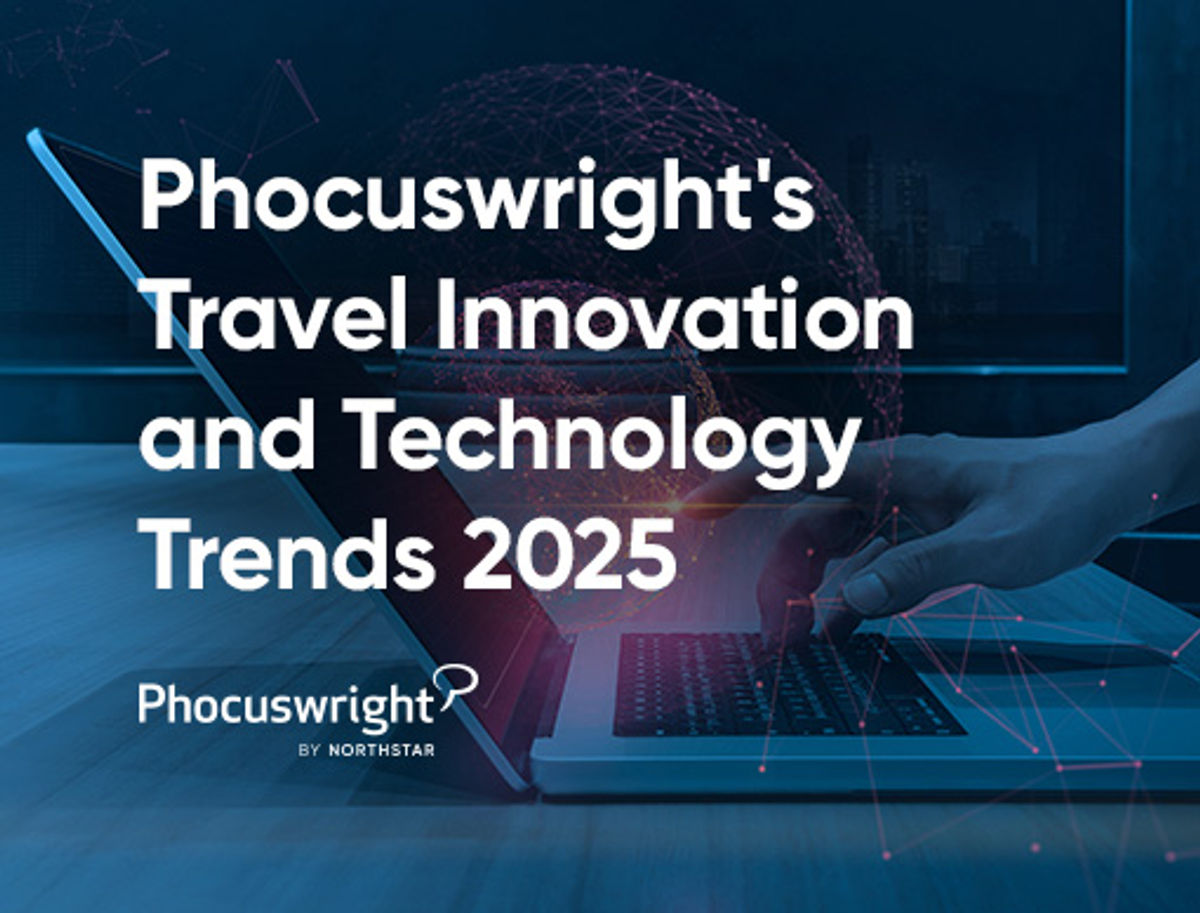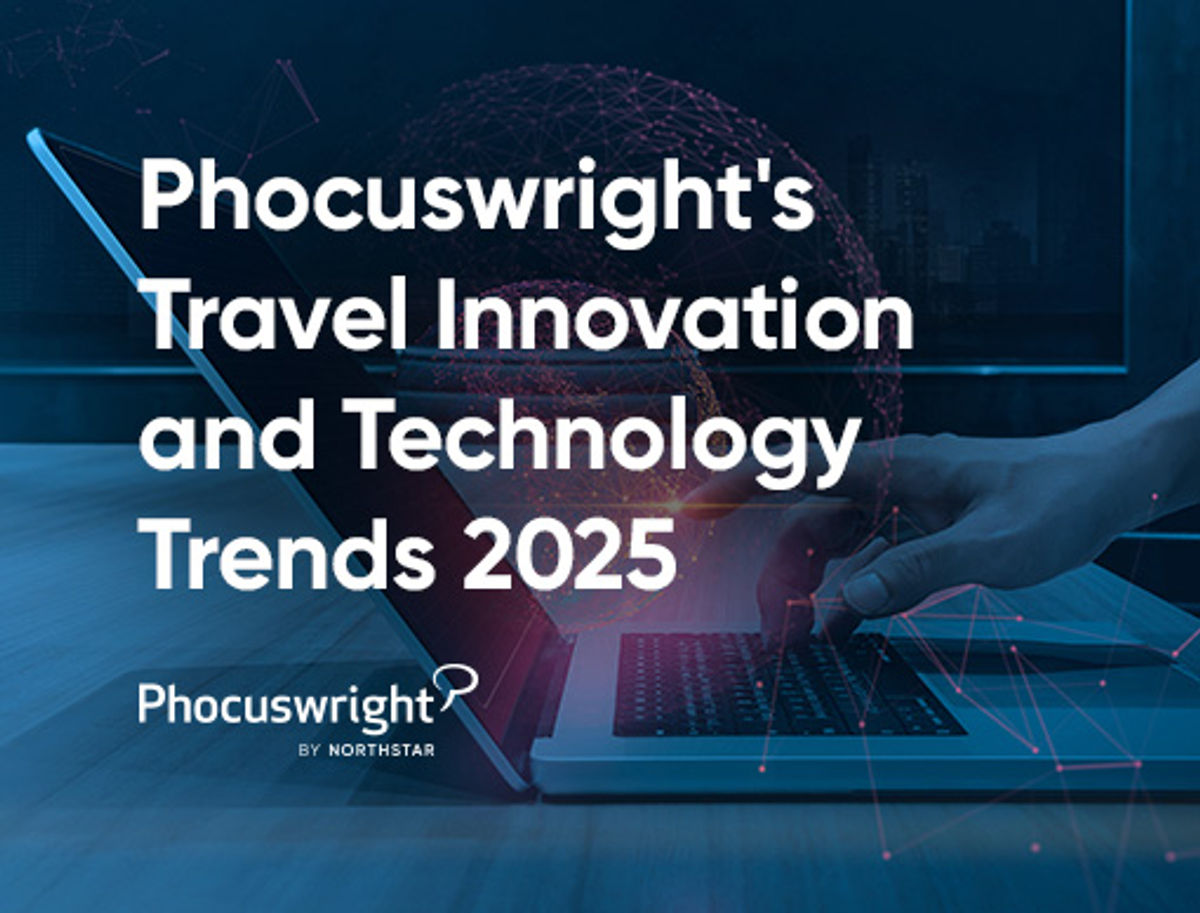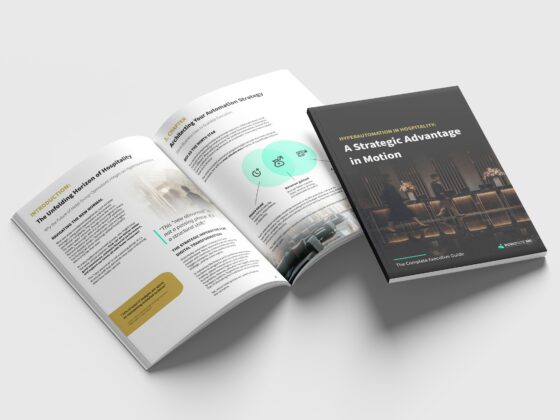
Travel companies are already streamlining their operations using GenAI, from customer service to sales and marketing to content creation. But bigger disruption is on the horizon, with autonomous agents powered by GenAI models like o3 capable of superior logic and understanding poised to challenge human capabilities. The close of 2024 and dawn of 2025 brought a flurry of announcements about autonomous agents related to company operations.
In December, Google launched Agentspace, aiming to “unlock enterprise expertise for employees with agents that bring together Gemini’s advanced reasoning, Google-quality search, and enterprise data, regardless of where it’s hosted.”
Also in December, Salesforce launched AgentForce 2.0, a “digital labor platform for enterprises, enabling a limitless workforce through AI agents for any department…” CEO Marc Benioff, a major evangelist of AI-powered agents, envisions one billion AI agents being in service by the end of 2026 and referred to the market opportunity for them as being in the trillions of dollars. He also said Salesforce might not hire any software engineers in 2025 due to productivity boosts from AI.
Echoing similar sentiments in January, amid a slew of product announcements in a keynote presentation at the Consumer Electronics Show, Nvidia CEO Jensen Huang also referred to agents as a multi trillion-dollar opportunity and went as far as to say that “…in a lot of ways, the IT department of every company is going to be the HR department of AI agents in the future.”
The implication of these announcements is that autonomous agents are expected by market-leading CEOs to significantly increase automation in companies this year. Employees may no longer need to learn complex systems because they can simply ask an AI assistant for answers, which could have major implications for SaaS software. They could also soon use the latest AI tools like Replit Agent to build custom software that meets their exact needs using only natural language.
While in the long term it’s possible that AI could replace workers, in the shorter term the focus will be on improving efficiency and productivity of humans. It could be argued that as humans become more efficient, the competitive bar will remain level, preventing significant job losses.
As a deluge of autonomous agents join the ranks of companies, they’ll also be shopping on behalf of travelers. This could exponentially increase the number of inbound inquiries, including on call centers via automated phone calls, requiring better web infrastructure and either more people or more automated solutions to handle the call volume.
AI needs clean data to work with, and travel data is notoriously messy. Most travel still companies have a lot of cleaning up to do to be prepared for this era. Companies like Snowflake are assisting with this, for which they received the Launch pitch competition “Innovator of the Year” award at The Phocuswright Conference 2024.
To help navigate these complex issues, some companies are choosing to bring in chief AI officers and other dedicated AI executives.










